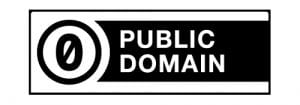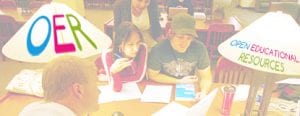MEPs approve sweeping changes to copyright law
European copyright directive passed despite campaigning led by Google and internet freedom activists
Alex Hern Tue 26 Mar 2019 08.53 EDT
A controversial directive introducing sweeping changes to copyright enforcement across Europe has been approved by the European parliament, despite ferocious campaigning led by Google and internet freedom activists.
referred to as the “link tax” and “upload filter”
the “link tax”, includes new requirements aimed at making companies like Google pay licensing fees to publications such as newspapers whose work gets aggregated in services like Google News.
Publishers and artists have pushed for the clauses, arguing that they would put an end to widespread infringement on sites such as YouTube and Instagram, while companies including Google and Amazon have attacked the measure as unworkable in practice, and overbearing to the extent that it may force them to close services in Europe.
Popular YouTubers including Philip DeFranco and FBE have run videos attacking the directive, as have Twitch streamers. The Amazon subsidiary even put together a livestream featuring European legislators playing Mario Kart as they talked about the harm the legislation could do.
The campaigning reached such a level that many younger social media users ended up believing the internet would be deleted in Europe the day the legislation passed
Catherine Stihler, the chief executive of the Open Knowledge Foundation, a not-for-profit organisation which pushes for open data, said the vote was “a massive blow for every internet user in Europe. MEPs have rejected pleas from millions of EU citizens to save the internet, and chose instead to restrict freedom of speech and expression online.



